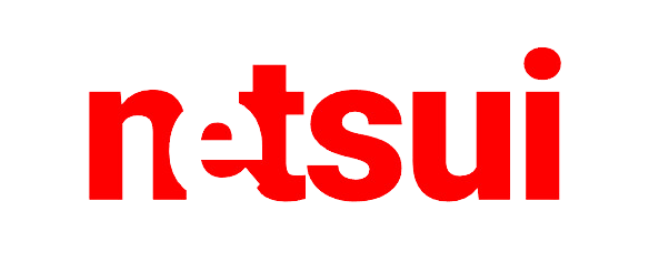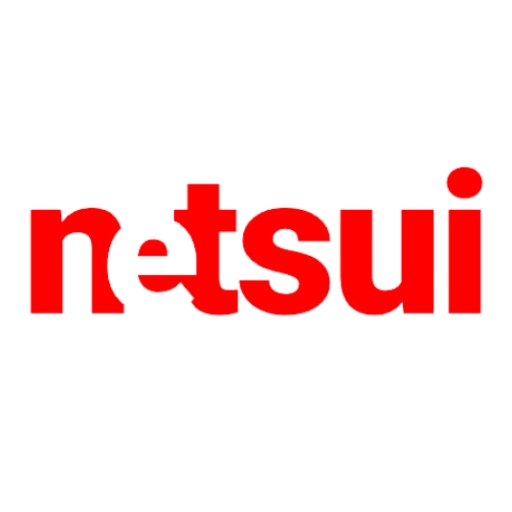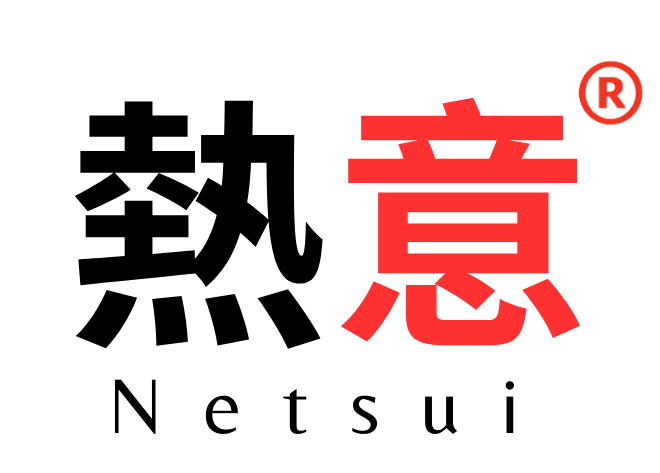

system

Embedded Systems in Healthcare
Duration: 2 Months
Course Type: Offline Sessions
Our Healthcare Embedded Systems Program is designed for professionals and enthusiasts seeking to gain comprehensive knowledge and hands-on expertise in the realm of healthcare embedded systems. This thorough course goes beyond foundational concepts, delving into advanced topics and cutting-edge technologies to equip participants with the skills required to design sophisticated embedded systems tailored for healthcare applications. The program is structured to empower individuals to meet the unique challenges of the healthcare sector, combining theoretical understanding with practical application in the development of advanced embedded systems for healthcare solutions.
Key Features
- 100% Job Assistance: Candidates admitted to the training program will receive comprehensive support in securing employment opportunities with top embedded systems companies.
- Comprehensive Curriculum: A carefully crafted curriculum covering essential theoretical knowledge and hands-on practical skills in the chosen field.
- Expert Instruction: Training led by experienced instructors and industry experts, offering in-depth insights and real-world examples to enhance learning.
- Hands-on Experience: Practical, hands-on sessions and projects allowing participants to apply the learned concepts in real-world scenarios, reinforcing understanding and skill development.
- Interactive Learning: Engaging workshops, group discussions, and interactive sessions fostering collaboration, problem-solving, and knowledge exchange among participants.
- Industry-Relevant Content: Training content designed to align with current industry trends, best practices, and emerging technologies, ensuring participants receive relevant and up-to-date knowledge.
- International Projects: Opportunities to work on International projects or case studies, allowing participants to apply their skills to solve practical challenges and build a portfolio of work.
Key Topics
- Integrated Development Environments (IDEs):
- Eclipse: An open-source IDE that supports various programming languages and is widely used in embedded system development.
- Keil uVision: A popular IDE for microcontroller development, supporting various microcontroller architectures.
- IAR Embedded Workbench: An IDE that supports a wide range of microcontrollers and offers powerful debugging features.
- Compilers:
- GNU Compiler Collection (GCC): A collection of compilers for various programming languages, including C, C++, and assembly language, widely used in embedded systems development.
- ARM Compiler: Specifically designed for ARM architecture-based microcontrollers and processors.
- Debuggers:
- GDB (GNU Debugger): A portable debugger that supports multiple programming languages and various processor architectures.
- JTAG Debuggers: Hardware tools that allow low-level debugging and programming of embedded systems through the JTAG interface.
- Simulators and Emulators:
- QEMU: A generic and open-source machine emulator and virtualize that can emulate various architectures, including ARM and MIPS.
- Proteus: A simulation and design software tool that simulates embedded systems, allowing developers to test their designs without the need for physical hardware.
- Version Control Systems:
- Git: A widely used distributed version control system that helps track changes in the source code, collaborate with teams, and manage different versions of the software.
- Hardware Description Languages (HDLs):
- VHDL (VHSIC Hardware Description Language) and Verilog: HDLs used for designing digital circuits and FPGA (Field-Programmable Gate Array) configurations.
- RTOS (Real-Time Operating Systems):
- FreeRTOS: A popular open-source real-time operating system kernel designed for embedded systems.
- RTOS-specific development tools: Tools like CMSIS-RTOS, SEGGER embOS, and Micrium uC/OS are used to develop applications for real-time operating systems.
- Modelling and Design Tools:
- MATLAB/Simulink: Widely used for modelling, simulation, and control system design, often integrated with embedded system development processes.
- UML (Unified Modelling Language) Tools: Tools like Enterprise Architect and IBM Rational Rhapsody are used for visual modelling and design of embedded systems.
- Communication Protocols:
- SPI (Serial Peripheral Interface), I2C (Inter-Integrated Circuit), UART (Universal Asynchronous Receiver-Transmitter): Common communication protocols used in embedded systems, often requiring protocol analyzers and debuggers for development and troubleshooting.
- Power Consumption Analysis Tools: Tools like PowerAnalyzer and PowerTrace+ help developers analyse and optimize power consumption in embedded systems, crucial for battery-powered devices.
- Performance Profiling Tools: Tools like gprof and Valgrind help analyse the performance of embedded applications, identifying bottlenecks and optimizing code.”100% Job Assistance: Candidates admitted to the training program will receive comprehensive support in securing employment opportunities with top embedded systems companies.”



